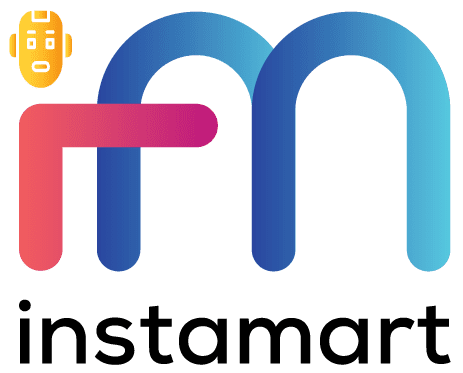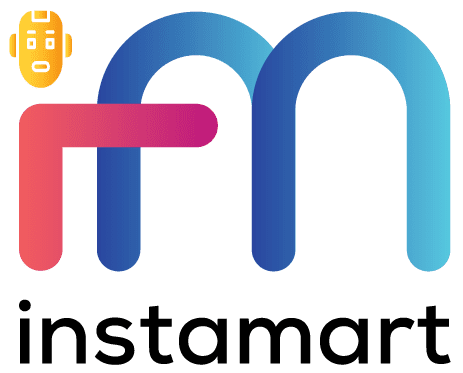When we talk about stroke, I know you can perfectly relate to its ugly outcomes. That was the case with the 47-year-old Ann who lost her voice due to a stroke and AI has given it back after 2 decades of silence. Not all who suffer a cataclysmic stroke survive to get another shot at life. Relatives, colleagues, friends, and people who are close to us have lost abilities that define them as humans – ability to speak. However, the new development in AI could put a smile on their face.
This is not the first time Artificial intelligence has shown its never-imagined capabilities. AI resurrected The Beatles Legend after 50 years out of stage. Additionally, Artificial Intelligence renewed hope in the fight against breast cancer. Nonetheless, AI’s ability to convert brain signals into words is unheard of. The Managing Director at the University of California San Francisco (UCSF) Edward Chang weighed into the matter “For us, this is an exciting new milestone that moves our device beyond proof of concept, and we think it will soon become a viable option for people who are paralyzed.”
Read also: AI Breakthrough in Breast Cancer Screening
How Can AI Help A stroke Patient Speak Again?
Before this medical breakthrough, Artificial Intelligence has been used to support speech recovery processes through different approaches including:
Speech Therapy Apps. AI-powered speech therapy apps can provide personalized exercises and activities for stroke patients to practice their speech. These apps can adapt to the patient’s progress and adjust difficulty levels accordingly.
Speech Recognition and Feedback. Artificial Intelligence-powered speech recognition software can analyze a patient’s spoken words and provide immediate feedback on pronunciation, intonation, and clarity. This real-time feedback can help patients adjust their speech patterns and improve their communication skills.
Language Rehabilitation Games. Artificial Intelligence can be used to develop interactive language rehabilitation games that stimulate various aspects of language processing, such as word recall, sentence formation, and comprehension. These games can make the rehabilitation process engaging and motivating for patients.
Natural Language Processing (NLP). NLP technology can be employed to create communication tools that assist stroke patients in generating sentences and constructing coherent conversations. These tools can help patients find the right words and structure their thoughts effectively.
AI in Restoring Ann’s Speech
However, the case of Ann was a little different. Earlier, the medical team expressed optimism that they could record neural activity from a paralyzed person and it into words on a screen. Surprisingly, the team managed to convert these activities into an audible synthetic speech. “In this new study, our translation of attempted speech into text reached about 78 words per minute. We also show that it’s possible to translate the neural signals not only to text but also directly into audible synthetic speech, with accurate facial movement on an avatar,” Chang said in a statement.
To get her voice, the team used a recording of Ann’s voice before the injury to train the avatar. Using digital animation, they simulated her facial movements. As a result, the neural signals sent from the brain are converted into movement in the avatar’s face. This enabled the avatar to reflect different emotional states including surprise, happiness, and sadness. In as much as this initial stage enabled Ann to speak, the researchers have a nobler goal of advancing the device to enable a paralyzed person to speak without the brain-computer interface (BCI).
According to the Adjunct Professor in neurological surgery, David Moses, the team aims to ensure that paralyzed persons have complete control over the technology.
“Giving people the ability to freely control their own computers and phones with this technology would have profound effects on their independence and social interactions.”
In as much as Ann still speaks slowly, she hangs on the hopes that the artificial intelligence technology will enable her to communicate normally. This is one of the best uses of Artificial Intelligence at a time when people live in fear of technology taking away jobs.







